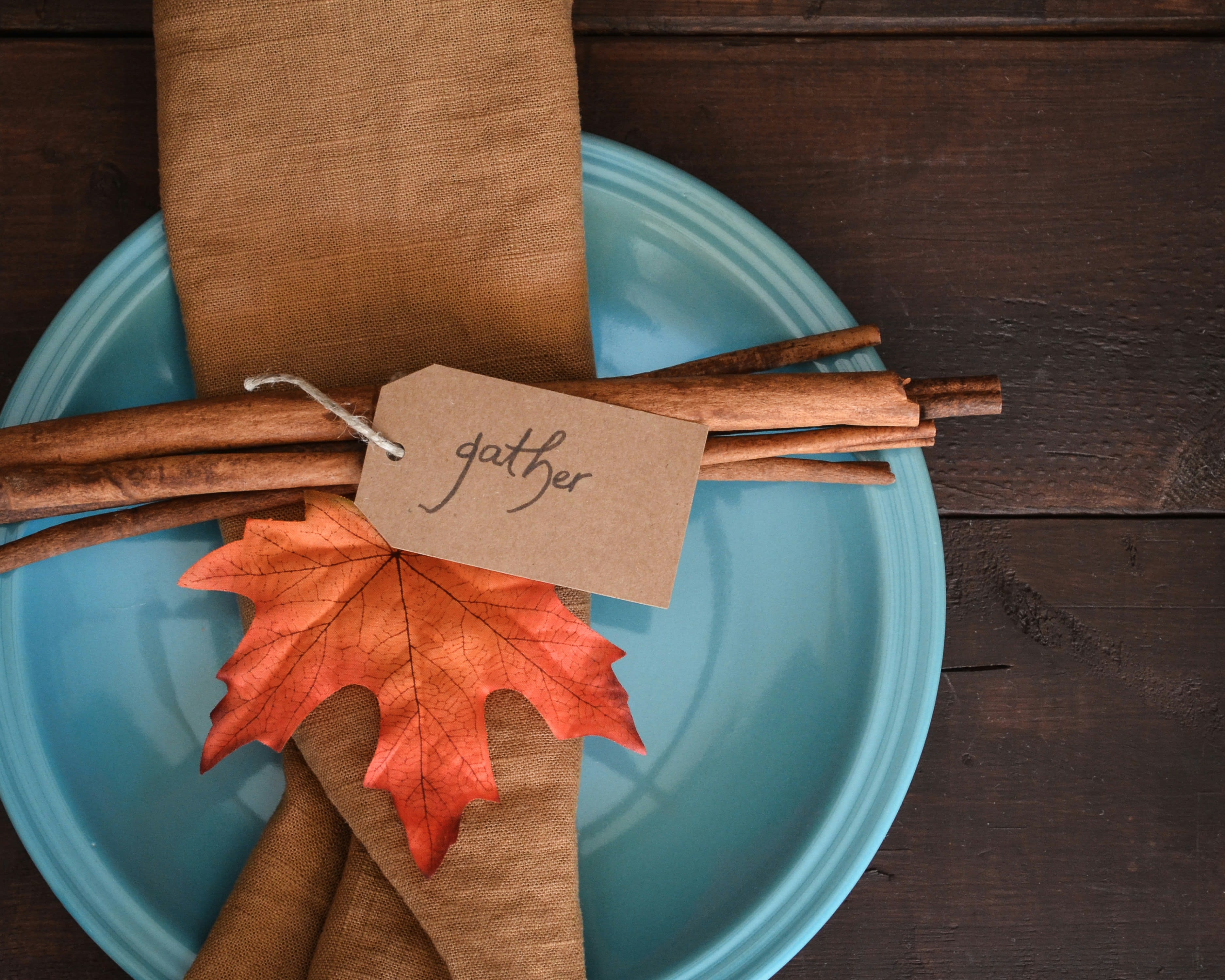Thanksgiving in Canada, celebrated on the second Monday of October, is widely regarded as a time for family gatherings, elaborate feasts, and expressions of gratitude for the harvest and the blessings of the past year. However, beneath its veneer of simplicity, lies a complex narrative, deeply intertwined with the histories and cultures of the First Nations people in Canada.
A Brief History of Thanksgiving in Canada
Thanksgiving has historical roots in religious and cultural traditions, although its current form has evolved significantly over time. Initially, European settlers brought a mélange of harvest celebration customs to North America, which combined with Indigenous traditions. In Canada, formal Thanksgiving celebrations date back to an English explorer, Martin Frobisher, who held a feast in Newfoundland in 1578 to give thanks for safe passage through the Northwest Passage. However, it wasn't until 1879 that Thanksgiving became an official holiday, thanks largely to the advocacy of religious leaders seeking a day for faith and prayer.
The Perspective of First Nations
For the First Nations peoples, thanksgiving is not a one-time annual event, but an intrinsic part of their heritage, culture, and daily life. Indigenous communities have long-standing customs of giving thanks, from the Haudenosaunee’s "Thanksgiving Address" to the seasonal thanksgiving ceremonies of the Mi'kmaq people. These traditions arise from a deep relationship with the land, its resources, and the harmony of the natural world. They are expressions of gratitude for the interdependence and sustenance provided by nature.
However, the Thanksgiving holiday as celebrated today does not always resonate positively with all Indigenous peoples in Canada. It marks a time period where European settlers initiated actions that led to significant disruptions to Indigenous lifestyles, territories, and cultures.
Historical Impact of Colonization
Thanksgiving in North America is often associated with the arrival of European settlers, which heralded a period of profound change for the First Nations. Colonization brought about profound upheaval: loss of land, spread of diseases, assimilative policies, and altered social dynamics. The introduction of foreign crops and methods changed traditional Indigenous agricultural practices. Treaties, often misunderstood or manipulated, curtailed land rights and self-determination.
The Role of Treaties
Treaties were agreements meant to create peace and sharing of lands. However, they frequently resulted in the marginalization of Indigenous peoples. The Treaty of Niagara (1764), for example, represented a purported alliance that, over time, contributed to misunderstanding and exploitation. Many First Nations oral histories attest to the spirit of the treaties as partnerships, not land surrenders as often documented by colonial authorities.
Cultural Resilience and Thanksgiving
Despite challenges, Indigenous communities have shown remarkable resilience, maintaining cultural traditions and expressing gratitude in myriad forms. Thanksgiving time offers an opportunity for reflection on Indigenous contributions and collaborations that have enriched the Canadian landscape.
Thanksgiving Through a Contemporary Lens
In recent years, there has been an increased recognition of the importance of incorporating Indigenous perspectives into national narratives. This includes reexamining holidays like Thanksgiving to acknowledge and respect the history and rights of First Nations peoples. Educating Canadians about the diverse origins of the holiday can foster more inclusive celebrations that honor Indigenous traditions and address past injustices.
Renewed Dialogue and Education
Efforts to incorporate Indigenous storytelling and histories into education systems are critical for understanding the multifaceted histories of Canadian holidays. Initiatives led by organizations such as the First Nations Child & Family Caring Society are paving the way for comprehensive educational materials that help contextualize Thanksgiving within First Nations histories and perspectives.
Thanksgiving Events and Indigenous Participation
Across Canada, various communities hold Thanksgiving events that focus on reconciliation and education. These include public ceremonies, storytelling events, and festivals that highlight First Nations culture, music, and art. Indigenous chefs and restaurateurs are also reclaiming Thanksgiving by showcasing traditional ingredients and dishes that predate colonial influence.
Moving Towards Reconciliation
The recontextualization of Thanksgiving within the Canadian framework is part of a broader movement towards reconciliation. The Truth and Reconciliation Commission (TRC) of Canada has emphasized the importance of acknowledging historical injustices and fostering understanding between Indigenous and non-Indigenous Canadians.
Commemorative Activities
Reconciliation activities may include land acknowledgments, listening to Indigenous voices, and supporting Indigenous-led initiatives. Encouraging open dialogues creates a platform for understanding and respecting diverse cultural perspectives during Thanksgiving and beyond.
The Role of Policy and Advocacy
Governments and policymakers have a significant role in supporting these efforts. Enacting policies that uphold Indigenous rights, investing in Indigenous communities, and creating platforms for intercultural dialogue are essential steps towards meaningful reconciliation.
To sum it up
Thanksgiving in Canada is an opportunity for all Canadians to reflect on the country's history, celebrate cultural diversity, and seek pathways to reconciliation with Indigenous peoples. Recognizing that the holiday is interconnected with Indigenous histories can enrich celebrations and foster a deeper appreciation for stories and traditions that predate colonial influence. As awareness grows, so too does the potential for Thanksgiving to become a symbol of shared futures and collective gratitude.
